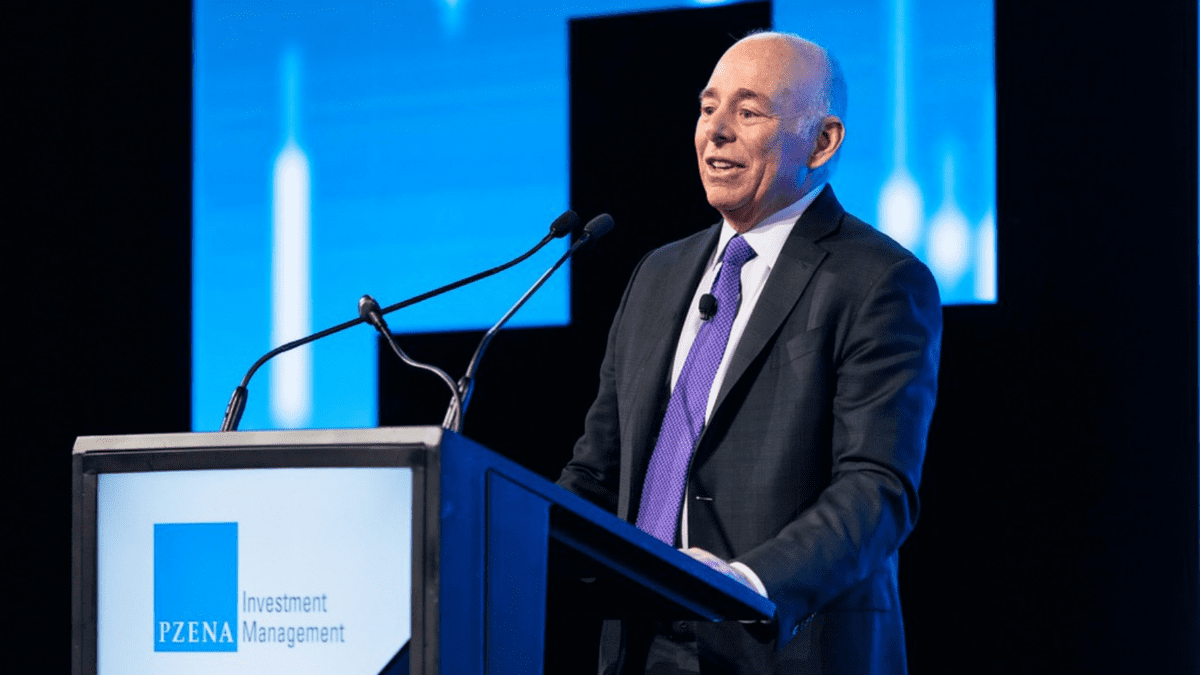Report demands greater transparency on de-banking
The Council of Financial Regulators’ (CFR) has reminded banks of their responsibility to provide banking services to financial technology firms, digital currency exchanges and other sectors, and says improved data collection would help to limit the problem of de‑banking in Australia.
In a recent report, Potential policy responses to de-banking in Australia, the CFR says de‑banking occurs where a bank declines to offer or withdraws banking services to a customer. It can also put a handbrake on competition and innovation in emerging sectors of the economy by denying them finance.
The report has been developed by the CFR with anti-laundering agency AUSTRAC, the Australian Competition and Consumer Commission and the Attorney-General’s Department. The businesses most often denied banking services are those perceived to be in high‑risk industries such as financial technology organisations and the digital currency exchanges. De‑banking can increase the risks for businesses denied banking services by forcing them to conduct transactions exclusively in cash.
“Government, regulators and the banking industry should all play a role in addressing any blanket de-banking of specific industries or sectors… While banks must make commercial decisions, they also have corporate social responsibilities,” the report said.
More data on de-banking required
The report recommends the big four banks collect data on their de-banking activity as a first step in addressing the lack of systematic data on the extent and nature of de-banking practices. More data would assist in the formulation and monitoring of policies over time.
“A data collection process would provide additional information into the extent and nature of the de-banking problem and inform any future policies,” the report stated.
Tommy Honan, Swyftx head of strategic partnerships, says the fintech sector has been hit hard by de-banking. Greater clarity on de-banking will give fintechs an opportunity to address the risks that lenders are worried about and also give the federal government the information it needs to deliver any future policy measures.
“One way or another, we need to demystify the decision-making processes behind the provision of banking services,” Honan says.
“No-one is quibbling over the fact individual banks can choose who they do, or don’t provide services to. But the fact is, banks provide something very close to the definition of an essential public utility, and that must surely require some transparency.”
Rehan D’Almedia (pictured), general manager of FinTech Australia, says some of Australia’s most innovative financial technology businesses have been de-banked suddenly and without reason over recent years.
“The policy responses to de-banking recommended by Council of Financial Regulators are a good first step. Improvements to data collection, guidance and transparency will begin to illustrate the vast scale of the de-banking problem and provide some certainty,” she says.
“These measures should also be coupled with an external dispute resolution scheme which holds banks accountable and provides an avenue for appeal.”
FinTech Australia says it will work with the big banks to support the development of proposed guidance for fintechs and information required and compliance standards to be met to maintain a banking relationship.
The report proposes two stages to improving data collection. Phase one would involve a voluntary and iterative data collection exercise, undertaken by APRA on behalf of Treasury, where data are collected by banks cooperatively and collection methods are refined over time. Phase two would involve a more regular and formal data collection process to be augmented under the Financial Sector (Collection of Data) Act 2001.
An Australian Banking Association (ABA) spokesperson said the ABA will work with government agencies to develop de-banking policy responses.
“We look forward to working with all agencies to implement practical solutions. This is to ensure the availability of banking services while meeting [banks’] obligations under anti money laundering and counter terrorism financing and sanctions laws and within their risk appetites.”
AUSTRAC said last year that banks’ anti-money laundering requirements should not be used to justify blanket bans on refusing banking services to whole sectors such as the cryptocurrency industry, arguing such an approach is dangerous as it could actually increase money laundering and terrorism risks.
The Treasurer Jim Chalmers and Assistant Treasurer and Minister for Financial Services Stephen Jones said the federal government is committed to promoting innovation and competition in the financial services sector and will issue a response to the recommendations in the paper in “due course”.











